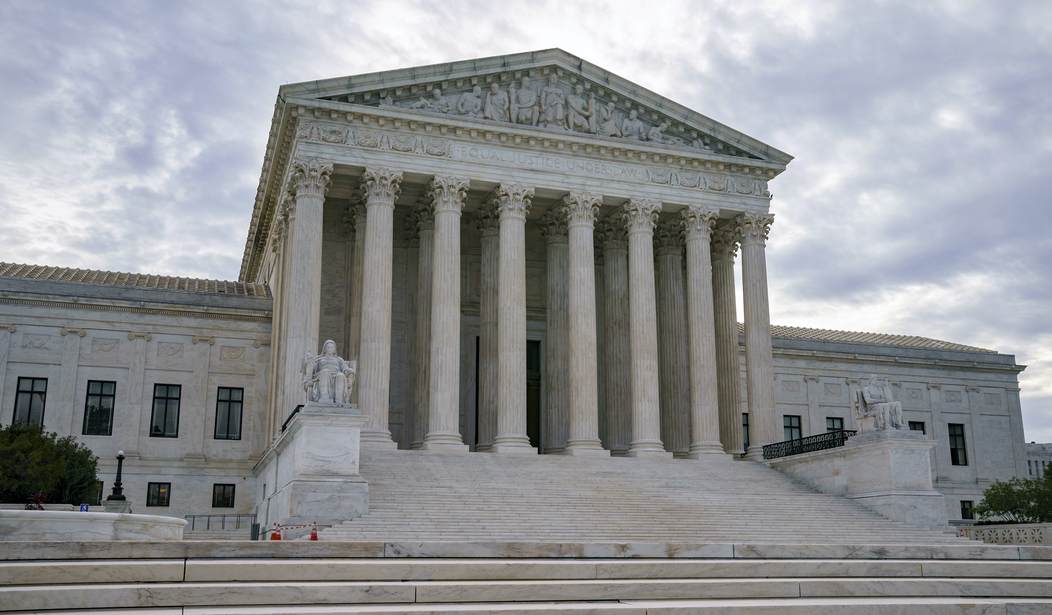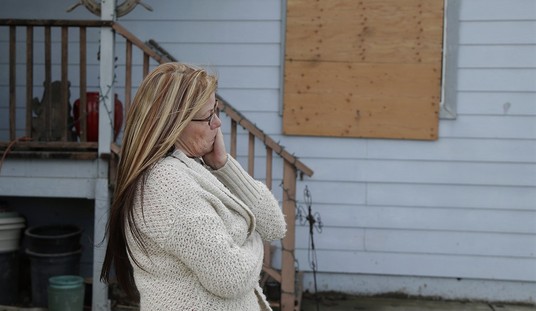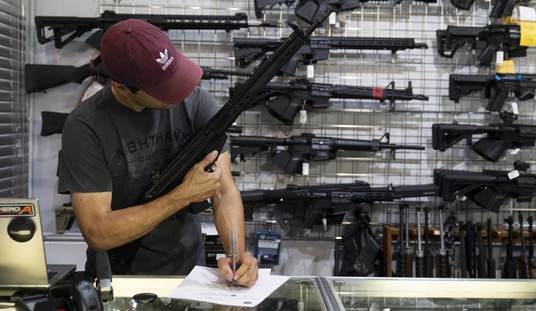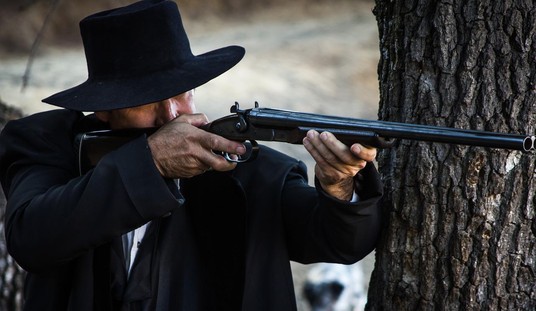While the Supreme Court getting ready to hear arguments on the gun licensing case out of New York, people are taking a good, long look at the briefs the justices will be reading. After all, these briefs attempt to set the tone of the case early on, hoping to sway justices one way or another.
However, enough briefs come in from enough different places that I’m not sure it actually does that much except make people feel part of the process. Anyone can find a brief that backs their own thinking, after all.
Yet we can also get a glimpse at the arguments each side will use beforehand.
It seems that the state of New York is trying to warp history to fit its narrative. In particular, that restrictions were common during the Founders’ era.
In 1803, shortly after the adoption of the Bill of Rights, St. George Tucker, a prominent lawyer, law professor, and judge in the Early Republic, produced an influential edition of Blackstone’s Commentaries on the Laws of England. In an appendix to that work, he explains that “[i]n many parts of the United States, a man no more thinks, of going out of his house on any occasion, without his rifle or musket in his hand, than an European fine gentleman without a sword by his side.” This ringing affirmation of the ubiquity of public carry is fundamentally inconsistent with any interpretation of ambiguous founding-era laws that would hold the public carrying of firearms to be typically outlawed.
The truth of Tucker’s observation is shown by the practices of the most prominent citizens of the Founding generation, including our Nation’s first Presidents. New York attempts to dismiss such examples as “anecdotes about founding fathers carrying guns” (NY Br. 23), but they cannot so easily be swept aside. If New York’s interpretation of Founding-era statutes and common law were correct, it would mean that our Nation’s most illustrious citizens were engaged in recurrent criminal behavior and encouraged others to do the same. That is utterly implausible.
That’s a fair point.
And this is from some of their own words, when they would take guns with them pretty much everywhere they went. There’s no record of them being arrested–and since they routinely took long guns with them, we can’t assume they were simply concealed and no one knew they were there.
Then there’s this interesting bit of evidence:
Further evidence against New York’s interpretation of history is provided by the restrictions on carry by slaves and free persons of color that were on the books at the founding. I discuss these restrictions in Faux Histoire of the Right to Bear Arms: Young v. Hawaii (9th Cir. 2021), my comprehensive critique of the Ninth Circuit’s decision effectively holding that there is no right to bear arms in public.
One example, quoted at pp. 27–28 of my paper, is an 1811 Virginia law providing that “[n]o free negro or mulatto, shall be suffered to keep or carry any fire-lock of any kind, any military weapon, or any powder or lead, without first obtaining a license from the court” where he resided. On New York’s telling, this law would have given free persons of color greater rights to carry arms than white citizens, because on New York’s view public carry generally was broadly restricted and there was no mechanism for white citizens to get a license to carry. This plainly was not the case. In reality, white citizens presumptively had a right to carry and it was a mark of the shameful treatment of free persons of color as lacking the fundamental rights and privileges of citizenship that their ability to keep and bear arms was subject to the discretionary judgments of state licensing officials.
This is a prime example of how early gun control was used to disarm free black men and women. Yet as the author notes, to include this while forbidding the carry of a firearm at all to white men would suggest blacks in Virginia in 1811 had more rights than white folks.
Now, I think we all know just how ridiculous that claim is, of course. Blacks in the South weren’t granted more rights than the white majority at any point, but definitely not fifty years before the Civil War while so many others were still considered property.
New York has been grasping at straws in an attempt to save their licensing requirement that applicants have a good reason to get a permit. The state mistakenly believes it’s good for the state and is clinging to it with everything they have, including a blatant misrepresentation of history in an attempt to frame their requirements as justified.
Unfortunately, history doesn’t actually do that. As we can see, many such laws were nothing more than an attempt to keep freed blacks from enjoying the basic rights white men demanded as a matter of course.
All that’s happened since then is the horrible infringement of a basic right on blacks has now been passed onto whites, rather than abolished altogether.
Luckily, the Supreme Court has a chance to fix that problem. Let’s hope they do so.







